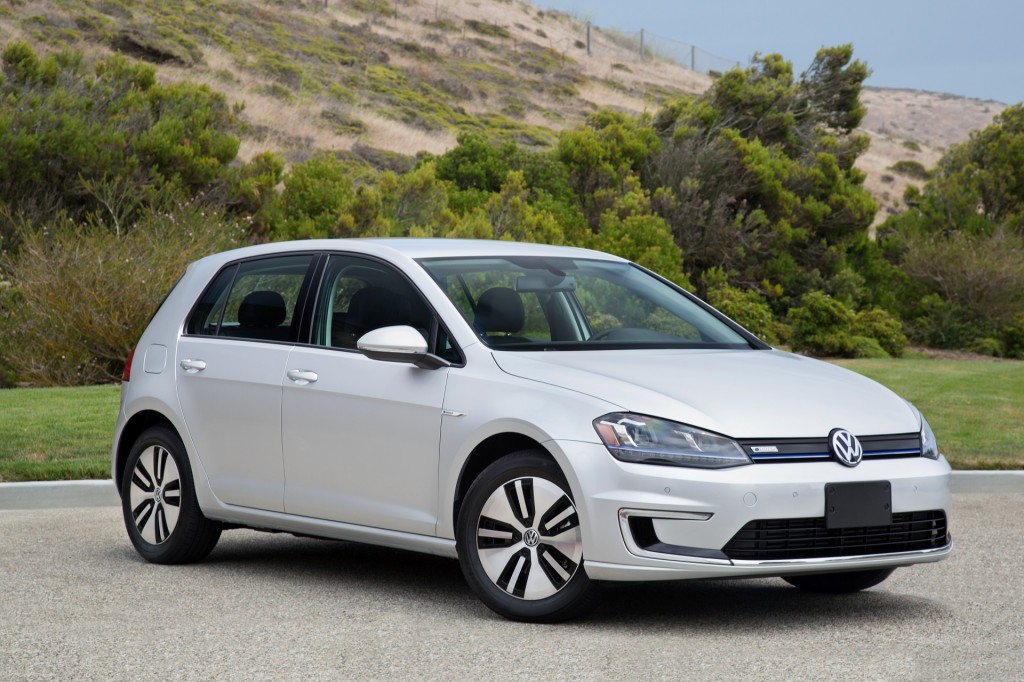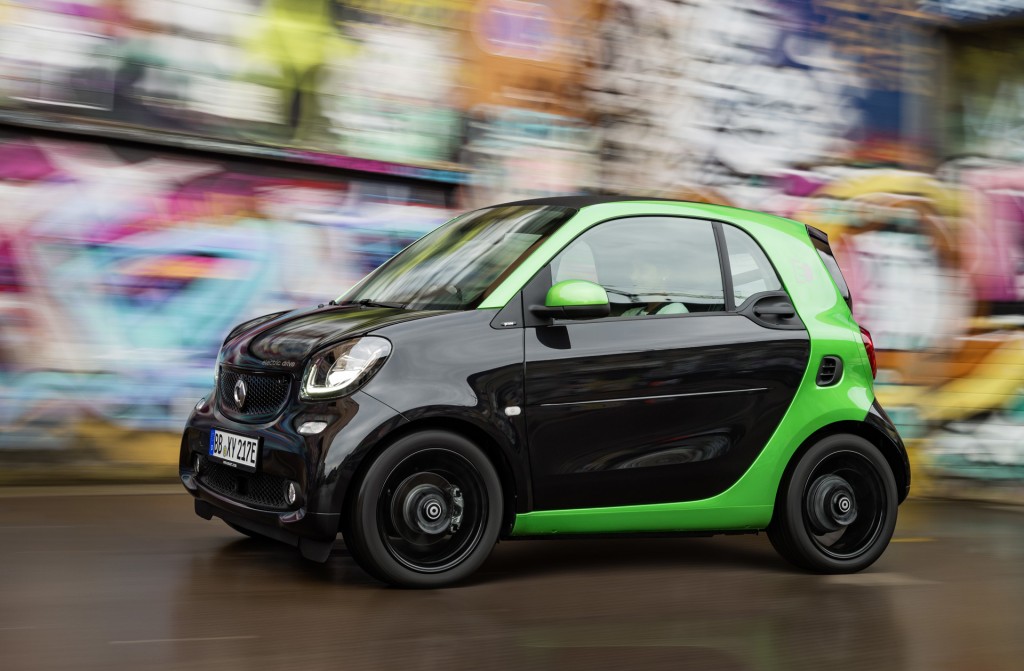Electric-car mandates can be a powerful tool for reducing transportation-related emissions.
California first proposed its current zero-emission vehicle mandate in December 2011, but similar mandates are only now being widely adopted elsewhere.
One such policy in China is creating friction, however.
DON'T MISS: Quebec passes Canada's first zero-emission vehicle rule, to start in 2018
German vice chancellor and economic minister Sigmar Gabriel recently accused a Chinese electric car mandate of unfairly favoring Chinese manufacturers in a recent article in Die Welt (via Climate Change News).
Quotas proposed by the Chinese Ministry of Industry and Information Technology would require electric cars to account for 8 percent of new-car sales by 2018, and 12 percent by 2020.
But Gabriel, whose article was published just before he left for trade talks in China, believes the quick ramp up will be impossible for German automakers to meet.

2017 Volkswagen e-Golf
During his subsequent visit to China, Gabriel was "reassured" by Chinese industry minister Miao Wei that the new policy would not discriminate against German automakers, according to Reuters.
Gabriel said Miao indicated German fears of unfairness were "unfounded," and that any German automaker producing cars in China would be treated the same as Chinese firms, Reuters reported.
The mandate only applies to electric cars built in China, so any imported models will not count toward manufacturers' totals.

2017 Smart ForTwo Electric Drive
This arrangement has always made foreign automakers nervous, because of the possibility that their intellectual property will be appropriated by Chinese automakers.
On the other hand, shipping costs and high import duties make exporting cars to the world's largest new-car market an expensive proposition.
This dilemma has largely blocked Tesla Motors' attempts to sell large numbers of electric cars in China, despite executives interest in the market.
[hat tip: Brian Henderson]
_______________________________________________












